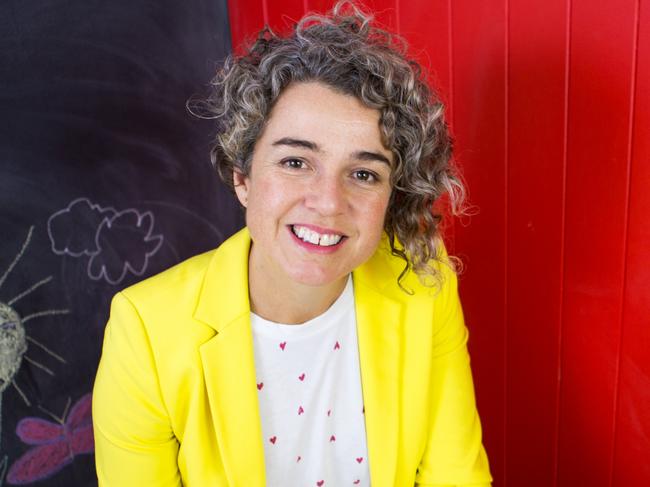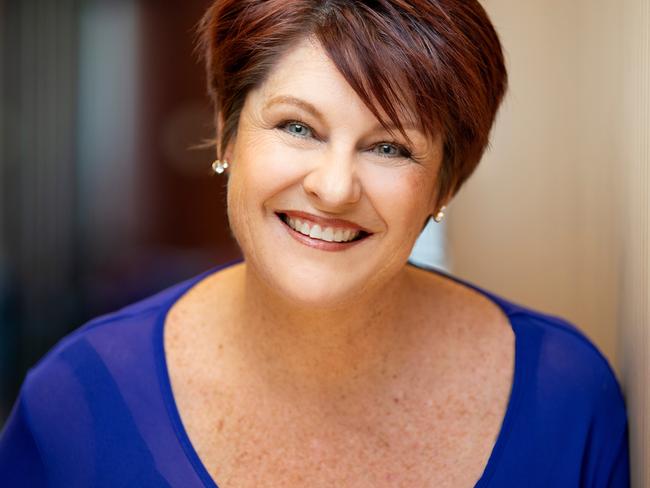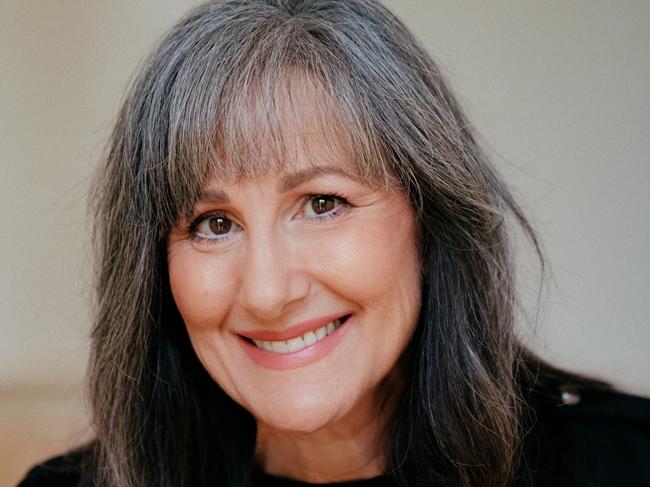School guide, Years 11 and 12: Why parents should not micromanage their children or judge their career choices
As your child nears the end of 13 years of schooling, it really is time to let go, experts say. And that means letting them choose their own career path. Here’s why.
National
Don't miss out on the headlines from National. Followed categories will be added to My News.
Parents should not micromanage their children’s lives in the final years of high school and they should be careful not to judge their career choices either, experts say.
The Quirky Kid Clinic CEO and child psychologist Kimberley O’Brien said family relationships can suffer if a child has a passion for something, but their parents don’t approve.
“There are big choices to be made in the final years,” she said. “Explore the options with your young person.
“If the child has a passion for something and they think their parents don’t support them it can be an issue.

“Try not to be judgmental.
“The parent-child relationship is more important.
“It’s about letting go.”
Kids First Children’s Services Founder Sonja Walker said by Years 11 and 12 children “are feeling the weight of their family’s expectations” and “not wanting to disappoint”.
She said it was important to remember that “school is not a magical experience for everyone”.
“The pressure is really intense for many of them and school is not their favourite place to be,” she said. “Most are really done with it after 13 years.”

Ms Walker said she advised parents to give their kids lots of options by helping them to learn how to drive, supporting them in getting a part-time job to build skills, and when they are 18 getting their Responsible Service of Alcohol (RSA) and barista qualifications.
She warned parents not to be “job snobs” and support children who get work in supermarkets and fast food outlets, as many of these organisations have great training and career opportunities.
Another battleground during the HSC year is getting children off phones so they can concentrate on studying.

The Cyber Safety Lady, Leonie Smith, who offers parents help in managing their children’s online world, said teens should be encouraged to switch off their phones or turn off notifications while they study.
“Tell them you are there to help,” she said.
“But you may have to let them gently fail in order for them to learn.
“If they miss an assignment deadline then they will have to face the consequences.
“You shouldn’t be micromanaging their time at this age. It doesn’t help them.”
She added it was also important that outside of study time that parents create situations where children can get off their devices and be outside.
“Getting kids off their devices is really hard.
“Keep making offline opportunities.”

Q&A WITH THE EXPERTS
It’s hard for any parent to let go, but now is the time, according to the experts. Your Year 11 and Year 12 child is on the final leg of their 13-year school journey. But what happens if you don’t agree with their career choice? Shouldn’t they be studying, rather than looking at their phone? Social affairs reporter JULIE CROSS, with help from Quirky Kid child psychologist Kimberley O’Brien, Kids First Children’s Services Founder Sonja Walker, The Cyber Safety Lady, Leonie Smith, Alcohol and Drug Foundation CEO Erin Lalor and Reachout CEO Ashley de Silva, answers your questions.
What should I expect of my child in years 11 and 12?
By this time kids are thinking about their future, what job they want to pursue and whether they want to go to university or get an apprenticeship.
These are big choices, but if your child has a passion for something you need to support them.
Try not to be judgmental on what they want to do, they need to forge their own path and the parent-child relationship is more important. This is when parents need to start letting go.
How can I get them to concentrate on studying?
Self moderation is something kids need to learn when it comes to online use.
When they go to TAFE, university or get a job they need to be able to use their phones appropriately.
Teach them how to set their phone aside, even if it’s just for 15 minutes at a time so they can get tasks done. Use the settings on the device that help restrict use. Apple has a setting called Focus that can turn off notifications. Try not to micromanage their time, they need to do it themselves. Parents need to let them learn to gently fail.
What to watch out for?
Older kids are being caught out by cryptocurrency scams and investments. Make sure they are across scams and keep the porn filter on too.
What about drugs, sex and alcohol?
Try to teach your children they can socialise without alcohol and emphasise the need for them to take care of their health. Talk to them about how drugs can impact mental health. Be aware of what drugs are out there. MDMA is a drug that some older teens may begin to experiment with.
Try to find out why they are drinking or taking drugs, some do so to cope with challenges in their lives. Help them find healthier alternatives, such as exercise or meditation. Be a role model. Don’t grab a drink yourself if you’re feeling stressed.
However, experimenting with drugs and alcohol is very typical in this age group and younger. Don’t be in denial and don’t shame them, it is normal. But if you notice a change in mood or behaviour, sleeping habits or hygiene seek help from your GP or another health professional. Go to reachout.com for help and support on how to talk to your child about these issues. There are also courses on sexting, pornography, sexual decision making and consent that parents can sign up for at yourchoicez.com.au.
What are the best tips for this age group?
Make sure there is structure outside of school, perhaps help them find a part-time job, a volunteering role or keep up the sport. Welcome their friends into your home, so you know they’re in a safe place. Most of all, don’t sweat the small stuff. Those messy rooms are not the end of the world.
YEARS 11-12 TIPS
*Learn to let go; don’t micromanage ther lives
*If they have a passion, support their choice of career
*Encourage them to stop notifications on their phones when studying
*Welcome their friends into your home
*If you have concerns about drinking, drugs or mental heath go to your GP
GO TO WEBSITES:





